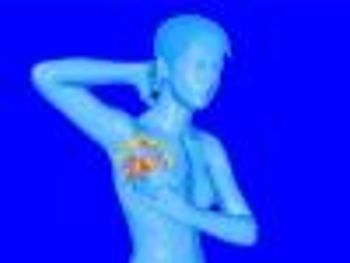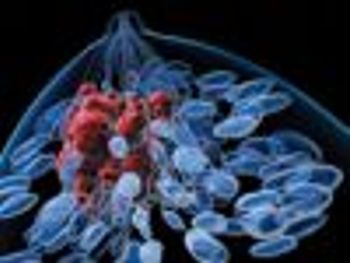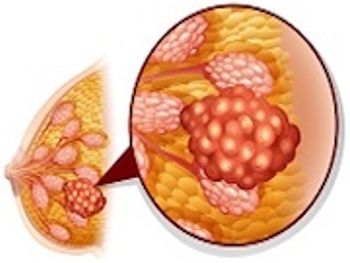
Immune checkpoint inhibitors have revolutioned cancer treatment, but not all patients respond to immunotherapy.

Immune checkpoint inhibitors have revolutioned cancer treatment, but not all patients respond to immunotherapy.

Scientists found that some breast cancer patients have a co-occurrence of genetic mutations.

Wider access to new direct-acting antivirals for people who inject drugs may help reduce HCV infections.

Immunotherapies have improved survival in cancer patients.

Flood of new drug approvals have extended survival across cancer types.

While incidences of metastatic breast cancer are increasing, so is survival.

Scientists redesigned a portion of rituximab into a new molecule to treat amyotrophic lateral sclerosis.

A compound in aged cheese, mushrooms, and whole grains found to increase life span by 25% in animal models.

GLUT1 inhibitors could be a potential therapeutic target for the squamous subtype of cancer.

Society for Integrative Oncology releases updated clinical guidelines on integrative breast cancer treatments.

A cancer diagnosis can cause up to a 3.5% reduction in earnings for men and up to 6% for women.

Ceritinib (Zykadia) approved to treat anaplastic lymphoma kinase-positive metastatic non-small cell lung cancer.

Expanded the indication of Zykadia includes patients with anaplastic lymphoma kinase-positive metastatic non-small cell lung cancer.

Patient genotypes of in both hepatitis C and advanced cirrhosis may help predict outcomes with direct-acting antiviral drugs.

An investigational device can detect and regulate drug levels in the blood.

Imaging technology highlights cancerous features of a breast tumor.

Novartis seeks expanded indication of ceritinib (Zykadia) in the European Union.

Merkel cell polyomavirus uses protein-mediated mechanisms to remain latent.

Novel combination may improve treatment options for castration resistant prostate cancer.

Scientists override tumor growth effects of PTEN deletion.

Upcoming trial of Opdivo harnesses the immune system to target mesothelioma.

Prostate cancer care costs in the United states is more than $10 billion per year.

Latest efforts help scientists identify the efficacy of immune treatments in patients with cancer.

Reducing overall body fat associated with lower levels of breast cancer markers.

New blood test more precisely distinguishes cancer from benign conditions, and identifies patients at high-risk of disease.

No evidence found that erectile dysfunction drugs cause melanoma.

Tumor biology may differ when cancer recurs.

Top news of the day from across the health care landscape.

Top news of the day from across the healthcare landscape.